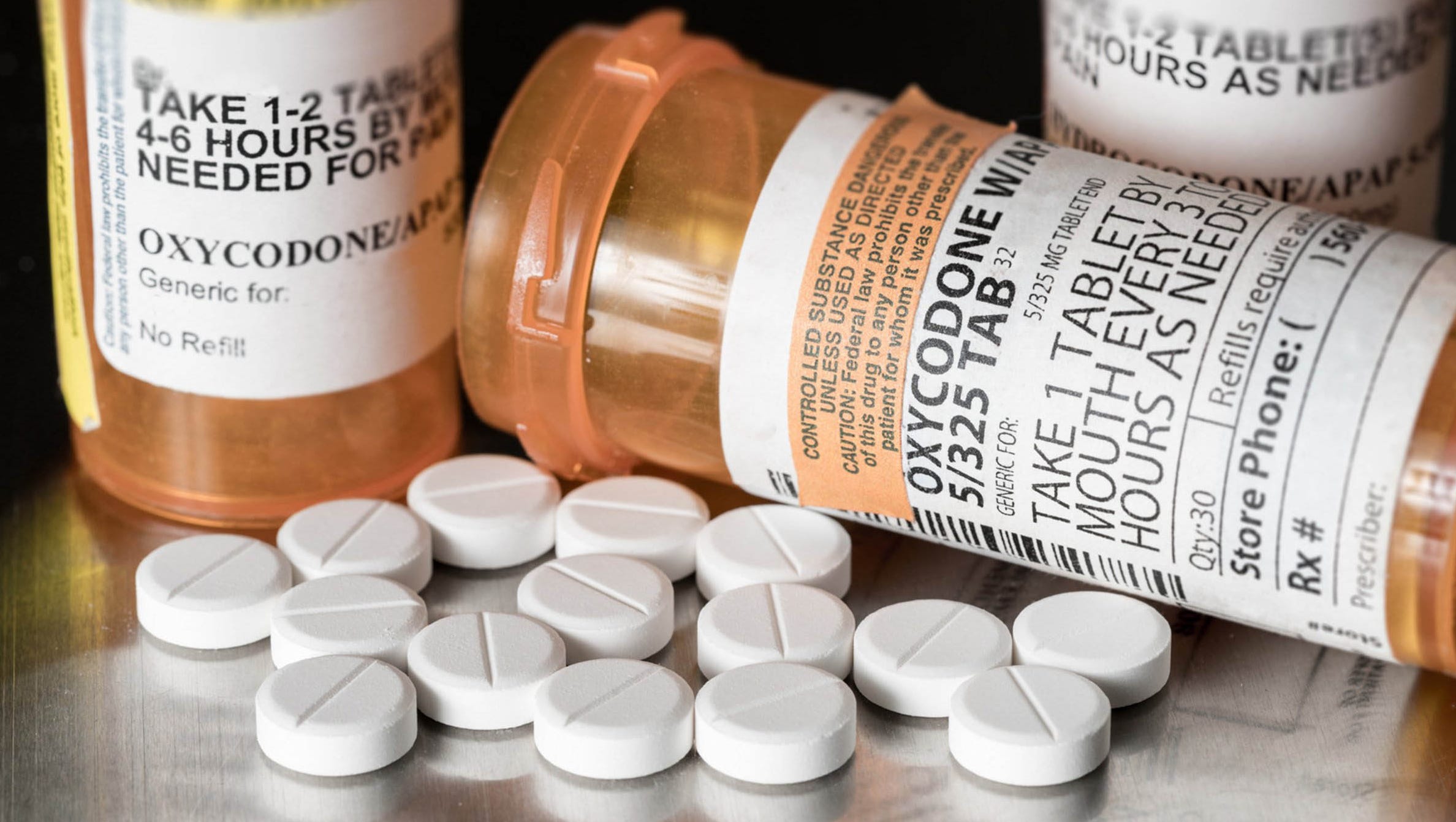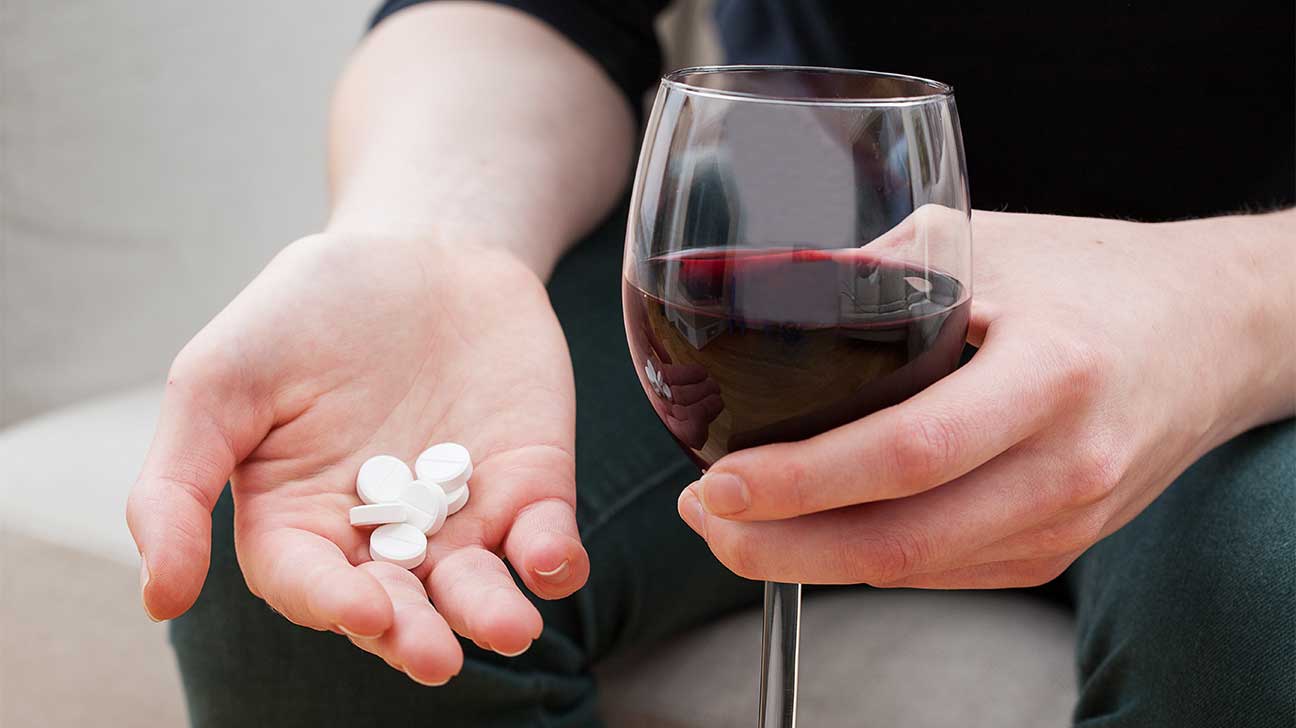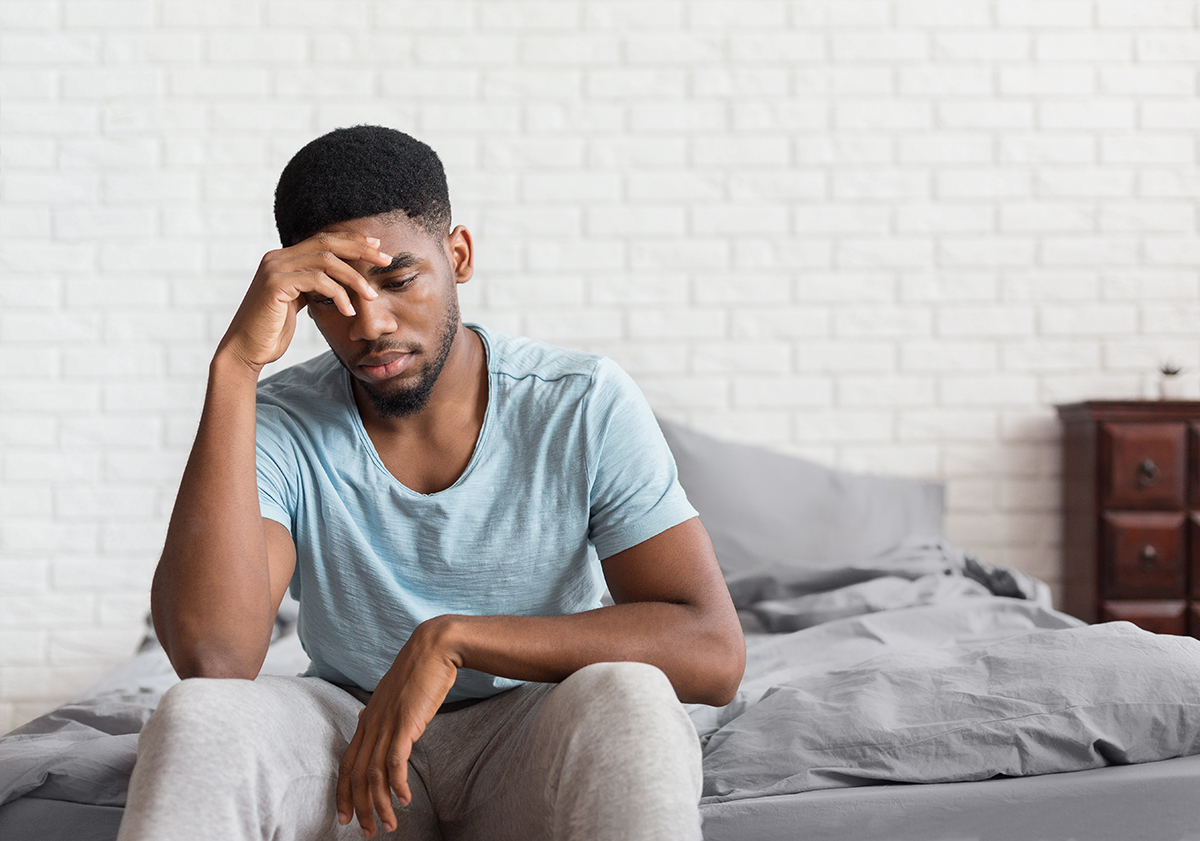Vicodin is a prescription medication that combines hydrocodone and acetaminophen. In the late 1990s and early 2000s, the drug was commonly prescribed because doctors believed the risks were relatively low. This has since been proven to be untrue. Vicodin, like all opiate-based drugs, has a high risk of becoming habit-forming.
What Is Vicodin?
Vicodin is used to treat moderate to severe pain. Due to the hydrocodone in Vicodin, it activates the same neurotransmitters in the brain as heroin and other opiate drugs. When used correctly, one pill is taken every 4-6 hours to treat pain.
Medications based on hydrocodone are the most prescribed in the United States. Vicodin is one of the most popular drugs in this category. Although steps have been taken to reduce the number of prescriptions written to curb abuse, the United States still accounts for 99% of all hydrocodone products used worldwide.
The Drug Enforcement Agency classifies Vicodin as a Schedule II controlled substance due to its high risk of addiction. While abusing any type of drug can be dangerous, Vicodin is particularly hard on your body because of the acetaminophen in it. When taken more than directed, which is common with Vicodin abuse, acetaminophen can cause severe damage to the liver.

Vicodin and Alcohol
When someone is engaging in polysubstance abuse that includes Vicodin and alcohol, the side effects can be endless, especially if that use is regular. Some of the side effects that a person can experience when mixing Vicodin and alcohol together can include, but are not limited to, the following:
- Dependence – Dependence occurs when the body becomes entirely reliant on one or more substances. Without the substances present, the body goes into withdrawal, which produces many symptoms that can range in severity from minimally noticeable to entirely crippling. Breaking a dependence to substances like alcohol and Vicodin can take weeks and the impacts of that dependence can last a lifetime.
- Legal problems – Both drinking alcohol or abusing Vicodin can produce a number of legal problems for a person. But when both are being abused at once, the legal problems one faces can begin to mount and include DUI, public intoxication, and illegal possession of narcotics, as well as repercussions for fighting in public, causing a vehicle accident, or harming someone else (intentionally or unintentionally) while under the influence.
- Financial downfall – Alcohol is readily available throughout the entire country, making it easy to access and spend money on. The more that a person abuses alcohol, the more of it they need, causing them to require more money to fund their drinking behaviors. On top of that, paying for prescription Vicodin can quickly become a hefty cost, as these pills are not inexpensive. Even buying the on the black market can run up a person’s bill. As a result, it can become difficult (if not impossible) for a person abusing these substances to have problems paying rent, paying bills, affording food and other basic human needs, and supporting their family. The more intense the alcohol and Vicodin abuse becomes, the more money goes in to supporting the habit rather than supporting a healthy lifestyle.

What is Vicodin Withdrawal?
Opiate-based drugs have a high risk of becoming habit-forming. Vicodin addiction happens when a physical dependence on the drug develops. As your body adjusts to the ingredients in Vicodin, you may need more and more in order to experience the effects.
Quitting Vicodin suddenly after your body has developed a dependence can cause a long list of unpleasant symptoms. It takes the body time to adjust and recover from long-term use of the drug. Although withdrawal usually happens to those that take the drug for weeks or longer, even people who take Vicodin as prescribed are at risk of experiencing symptoms.
The exact timeline for withdrawing from Vicodin will vary from individual to individual. For many people, the worst of the physical symptoms will resolve within a few days or a week. Mental symptoms can remain for months, which is why a long-term recovery program is recommended to avoid relapse.
There are many negative effects that Vicodin addiction can have on the body. On top of liver damage, abusing the drug can cause:
- Dizziness
- Drowsiness
- Lightheadedness
- Euphoria
- Anxiety
- Constipation
- Depressed heart and/or breathing rate
- Aches and cramps
- Nausea and vomiting
- Depression
- Muscle pain
Addiction to Vicodin will cause a person to change their way of thinking and behavior. Common signs that you or your loved one has developed a problem include:
- Taking the drug longer than prescribed
- Taking a bigger dose than prescribed
- Devoting large amounts of time and money to obtain the drug
- Development of cravings for the drug
- Growing tolerance for Vicodin
- No longer valuing things that used to be important
Vicodin Withdrawal Symptoms
If you have been taking Vicodin for a long time and/or fear you may be addicted, it is not a good idea to stop taking the drug suddenly. Tapering off under professional supervision is the best way to avoid the worst of the potential withdrawal symptoms.
Short-Term Symptoms
The first symptoms typically appear 6 to 30 hours after your last dose. Many of the initial symptoms are similar to what you would experience with the flu and include:
- Loss of appetite
- Headache
- Dehydration
- Sweating
- Running Nose
- Irritability
- Vomiting
- Muscle aches/cramping
- Insomnia
- Diarrhea
- Mood swings
Long-Term Symptoms
Due to the way that Vicodin affects both your physical and mental well-being, symptoms can linger for weeks. Some of the longer-term symptoms of Vicodin withdrawal include:
- Depression
- Aggression
- Irritability
- Anxiety
- Paranoia
- Difficulty concentrating
- Hyperactivity
- Mood swings

Vicodin Detox
Although going through Vicodin detox is not technically life-threatening, it can be highly unpleasant. This is why it is important to go through the process in a professional setting where your symptoms can be monitored and treated. Another reason to seek professional help is to reduce your odds of relapsing while withdrawing. During the withdrawal process, your tolerance quickly goes down. If you were to take the same amount of Vicodin as you were prior you run the risk of overdosing.
Once the Vicodin detox has been completed, ongoing help may be required. Co-occurring disorders are common among those who develop an addiction to this and other opiate drugs. If this is the case, the disorder will need to be treated in order to reduce the odds of relapse.
To learn more about detoxing from Vicodin, either for yourself or for a loved one, contact the professional and dedicated team at Novo Detox.




